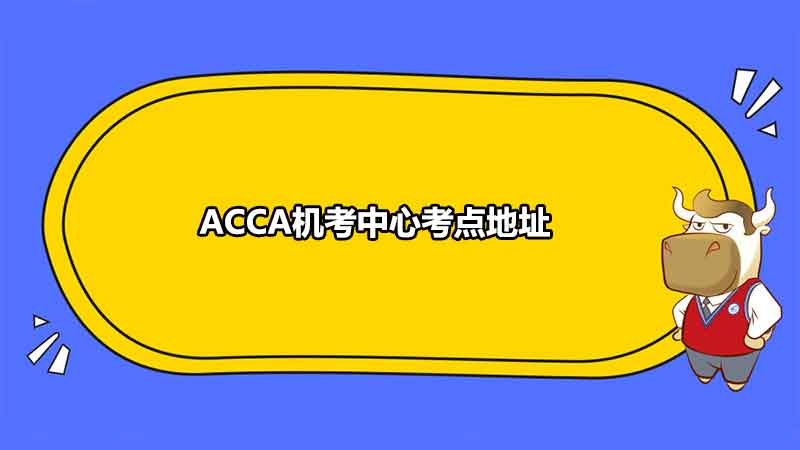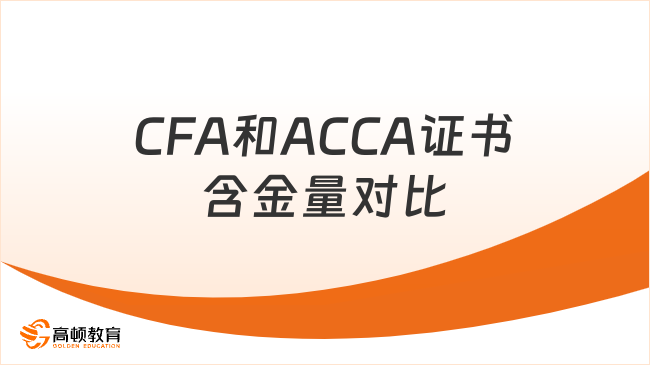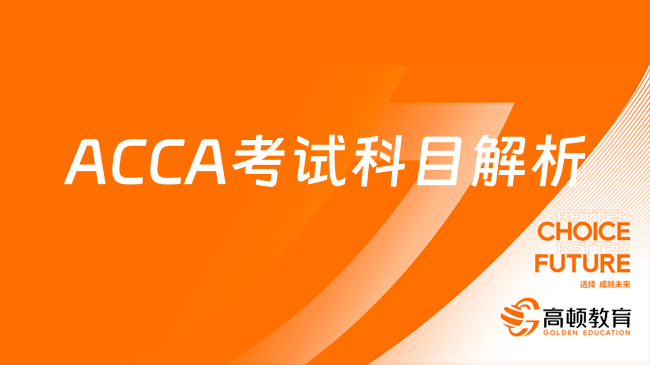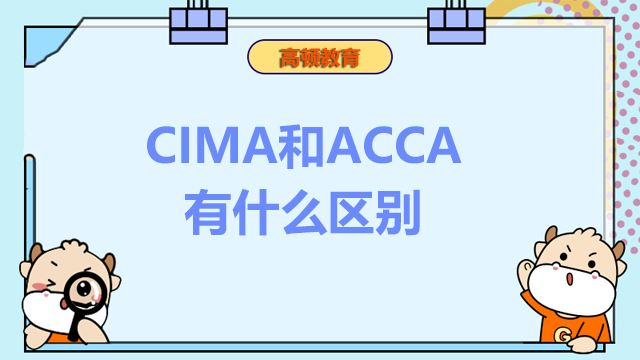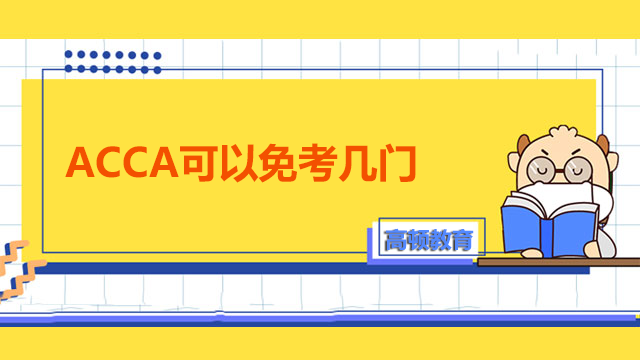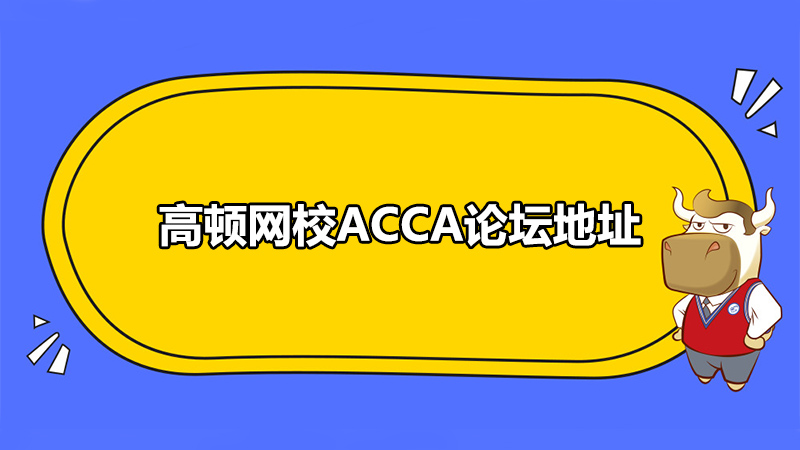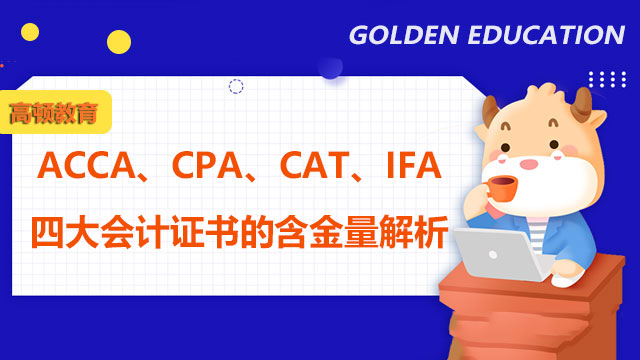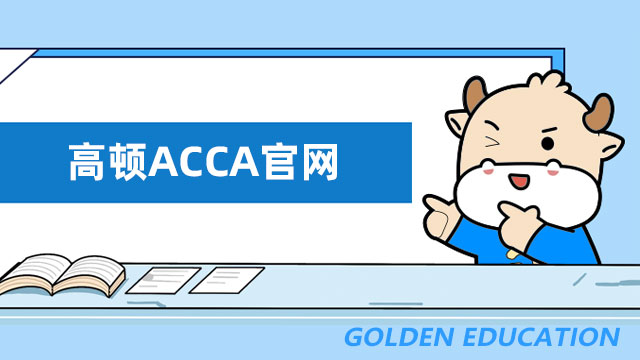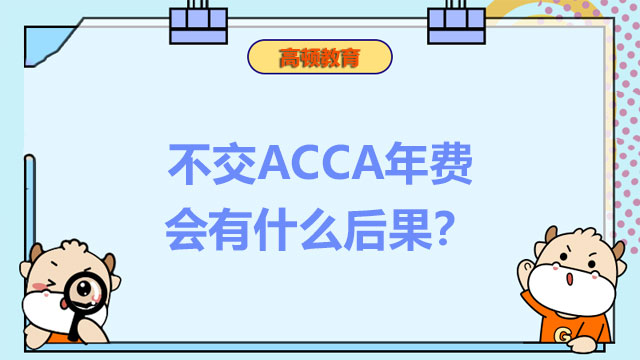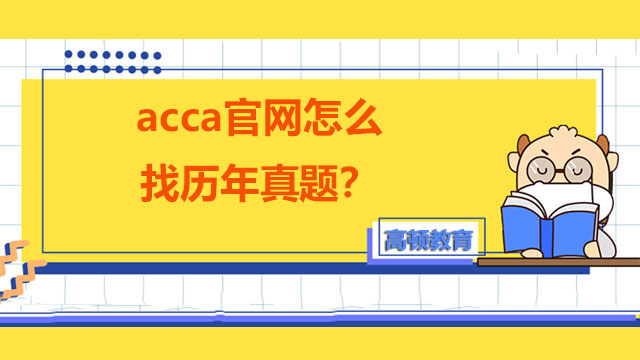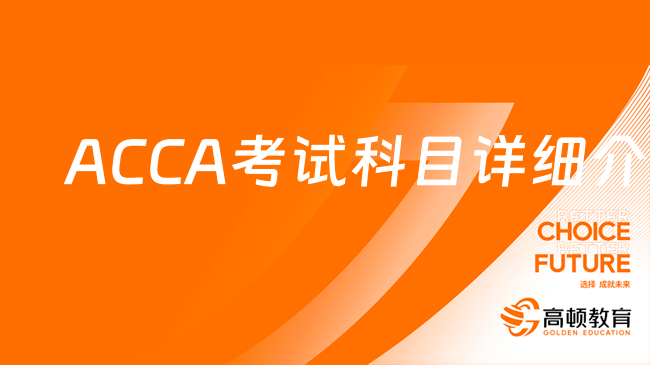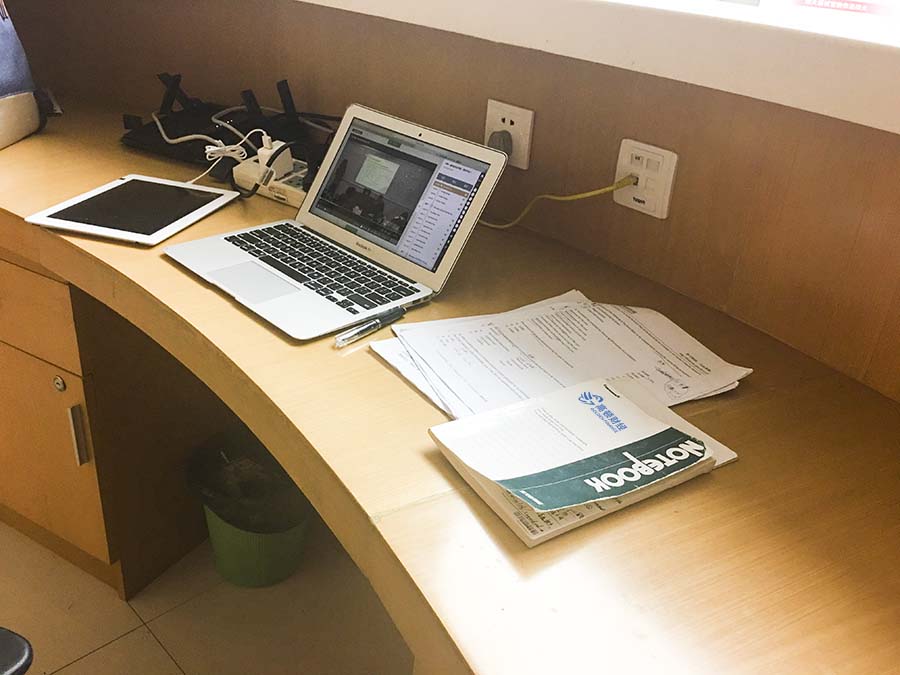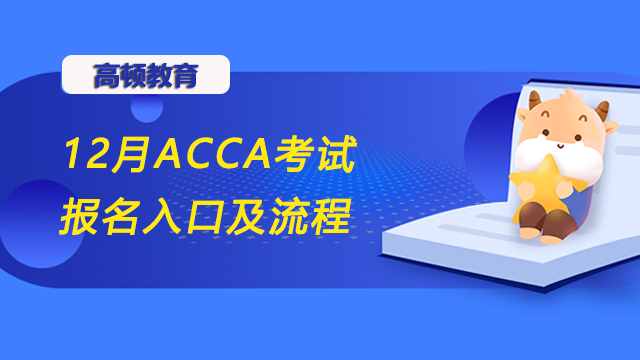ACCA12月考试P2公司报告*7考官总结
2010年12月份ACCA考试时间为2010年12月6日至15日,2010年12月考试P2*7考官总结如下:
RELEVANT to ACCA Qualification paper p2
In July 2009,the Internat ional Accounting Stan dards Board (IASB)issued the IFRS for Smal and Medium.sized Entities (IFRS for SMEs).This stan dard provides an alternat ive framework that can be applied by el igible ent ities in place of the full set of Internat ional Financial Report ing Stan dards (IFRSs).
The principal aim when developing accounting standards for small to medium-sized enterprises (SMEs)is to provide a framework that generates relevant,reliable and useful information which should provide a high quality and understandable set of accounting standards suitable for SMEs.
In July 2009,the International Accounting Standards Board (IASB)issued the IFRS for Small and Medium.sized Entities (IFRS for SMEs).
This standard provides an alternative framework that can be applied by eligible entities in place of the full set of International Financial Reporting Standards (IFRSs).
The IFRS for SMEs is a self-contained standard,incorporating accounting principles based on extant IFRSs which have been simplified to suit the entities that fall within its scope. There are a number of accounting standards and disclosures that may not be relevant for the users of SME financial statements. As a result the standard does not address the following topics:
·earnings per share
·interim financial reporting
·segment reporting
·insurance (because entities that issue insurance contracts are not eligible to use the standard) and
·assets held for sale.
In addition there are certain accounting treatments that are not allowable under the standard. Examples of these disallowable treatments are the revaluation model for property,plant and equipment and intangible assets,and proportionate consolidation for investments in jointly controlled entities. Generally,there are simpler methods of accounting available to SMEs than those accounting practices,which have been disallowed.
Additionally the standard eliminates the‘available-for-sale’and‘held-to maturity’classifications of IAS 39,Financial instruments:recognition and measurement. All financial instruments are measured at amortised cost using the effective interest method except that investments in non-convertible and non.puttable ordinary and preference shares that are publicly traded or whose fair value can otherwise be measured reliably are measured at fair value through profit or loss. All amortised cost instruments must be tested for impairment. At the same time the standard simplifies the hedge accounting and derecognition requirements. However,SMEs can choose to apply IAS 39 in full if they so wish.
The standard also contains a section on transition,which allows all of the exemptions in IFRS 1,First.time Adoption of International Financial Reporting Standards. It also contains‘impracticability’exemptions for comparative information and the restatement of the opening statement of financial position.
As a result of the above,the IFRS requires SMEs to comply with less than 10% of the volume of accounting requirements applicable to listed companies complying with the full set of IFRSs.
There is no universally agreed definition of an SME. No single definition can capture all the dimensions of a small or medium.sized business,or cannot be expected to reflect the differences between firms,sectors,or countries at different levels of development.
Most definitions based on size use measures such as number of employees,net assets total,or annual turnover. However,none of these measures apply well across national borders. The IFRS for SMEs is intended for use by entities that have no public accountability (ie its debt or equity instruments are not publicly traded)。
Ultimately,the decision regarding which entities should use the IFRS for SMEs stays with national regulatory authorities and standard setters. These bodies will often specify more detailed eligibility criteria. If an entity opts to use the IFRS for SMEs,it must follow the standard in its entirety -it cannot cherry pick between the requirements of the IFRS for SMEs and those of full IFRSs.
The International Accounting Standards Board(IASB)makes it clear that the prime users of IFRSs are the capital markets. This means that IFRSs are primarily designed for quoted companies and not SMEs. The vast majority of the world*s companies are small and privately owned,and it could be argued that IFRSs are not relevant to their needs or to their users. It is often thought that small business managers perceive the cost of compliance with accounting standards to be greater than their benefit.
To this end,the IFRS for SMEs makes numerous simplifications to the recognition,measurement and disclosure requirements in full IFRSs. Examples of these simplifications are:
·goodwill and other indefinite-life intangibles are amortised over their useful lives,but if useful life cannot be reliably estimated,then 10 years
·a simplified calculation is allowed if measurement of defined benefit pension plan obligations (under the projected unit credit method) involves undue cost or effort
·the cost model is permitted for investments in associates and joint ventures.
The main argument for separate SME accounting standards is the undue cost burden of reporting,which is proportionately heavier for smaller firms. The cost burden of applying the full set of IFRSs may not be justified on the basis of user needs. Further,much of the current reporting framework is based on the needs of large business, so SMEs perceive that the full statutory financial statements are less relevant to the users of SME accounts. SMEs also use financial statements for a narrower range of decisions,as they have less complex transactions and therefore less need for a sophisticated analysis of financial statements. Thus,the disclosure requirements in the IFRS for SMEs are also substantially reduced when compared with those in full IFRSs partly because they are not considered appropriate for users’needs and for cost-benefit considerations. Many disclosures in full IFRSs are more relevant to investment decisions in capital markets than to the transactions undertaken by SMEs.
There are arguments against different reporting requirements for SMEs in that it may lead to a two-tier system of reporting. Entities should not be subject to different rules,which could give rise to different 'true and fair views’.
One course of action could have been for GAAP for SMEs to be developed on a national basis,with IFRSs focusing on accounting for listed company activities. The main issue here would be that the practices developed for SMEs may not have been consistent and may have lacked comparability across national boundaries. Also,if a SME wished to list its shares on a capital market,the transition to IFRSs may be more difficult.
There were a number of approaches that could have been taken to developing standards for SMEs. Under one approach,the exemptions given to smaller entities would be prescribed in the mainstream accounting standard. For example,an appendix could have been included within the standard detailing those exemptions given to smaller enterprises. Another approach would have been to introduce a separate standard comprising all the issues addressed in IFRSs,which are relevant to SMEs.
The IFRS for SMEs is a self.contained set of accounting principles that are based on full IFRSs,but that have been simplified so that they are suitable for SMEs. The standard has been organised by topic with the intention that the standard would be user-friendly for preparers and users of SME financial statements.
The IF RS for SMEs should provide improve d comparability for users of acounts whilE en hanc ing the overal confidence in the acc ounts of SMEs,an d re ducing the significant costs involve d of mainta ining stan dards on a nat ional basis.
The IFRS for SMEs and full IFRSs are separate and distinct frameworks. Entities that are eligible to apply the IFRS for SMEs,and that choose to do so,must apply that standard in full and cannot chose the most suitable accounting policy from full IFRS or IFRS for SMEs.
However,the standard for SMEs is naturally a modified version of the full standard,and not an independently developed set of standards. They are based on recognised concepts and pervasive principles and they will allow easier transition to full IFRS if the SME decides to become a public listed entity. In deciding on the modifications to make to IFRS,the needs of the users have been taken into account,as well as the costs and other burdens imposed upon SMEs by the IFRS. Relaxation of some of the measurement and recognition criteria in IFRS had to be made in order to achieve the reduction in these costs and burdens. Some disclosure requirements are intended to meet the needs of listed entities,or to assist users in making forecasts of the future. Users of financial statements of SMEs often do not make such kinds of forecasts. Small companies pursue different strategies,and their goals are more likely to be survival and stability rather than growth and profit maximisation.
The stewardship function is often absent in small companies,with the accounts playing an agency role between the owner-manager and the bank.
Where financial statements are prepared using the standard,the basis of presentation note and the auditor's report will refer to compliance with the IFRS for SMEs. This reference may improve access to capital. The standard also contains simplified language and explanations of the standards.
The IASB has not set an effective date for the standard because the decision as to whether to adopt the IFRS for SMEs is a matter for each jurisdiction.
In the absence of specific guidance on a particular subject. An SME may,but is not required to,consider the requirements and guidance in full IFRSs dealing with similar issues. The IASB has produced full implementation guidance for SMEs.
The Accounting Standards Board (ASB)in the UK has set the ambitious target of 1 January 2012 for implementing the new accounting framework for SMEs. With comparatives needed from 1 January 2011,there is little time for businesses to get new systems in place. Businesses will also need to evaluate carefully the tax impact of transitioning to IFRS for SMEs.
There will be some important tax issues arising from the change. Tax has been one of the reasons why some SMEs have not switched to IFRS. Since 2005,listed groups in the UK have been required to prepare their consolidated financial statements in accordance with IFRS. Almost all other groups and companies have had a choice to follow IFRS or UK GAAP. From 2012,it seems that the options will change with UK GAAP being replaced by IFRS for SMEs.
The IFRS for SMEs is a response to international demand from developed and emerging economies for a rigorous and common set of accounting standards for smaller and medium-sized businesses that is much simpler than full IFRSs. The IFRS for SMEs should provide improved comparability for users of accounts while enhancing the overall confidence in the accounts of SMEs,and reducing the significant costs involved of maintaining standards on a national basis.
【整理版】ACCA各科目历年真题
真题高频考点,刷题全靠这份资料
acca全科学习思维导图
梳理核心考点,一图看懂全部章节
2023年acca考纲解析
覆盖科目重难点,备考按照计划走
- acca考试怎么搭配科目?
-
建议优先选择相关联的科目进行搭配报考,这样可以提高备考效率,减轻备考压力,1、F1-F4:为随时机考科目,难度较低,这里可以自行随意选择考试顺序。2、F5-F9:如果你的工作的和财务会计或者审计有关、或者你比较擅长财务和审计的话,推荐先考F7和F8。你可以选择一起考ACCA考试科目F7和F8或者先考F7(8)再考F8(7),这就要取决你一次想考几门。3、P阶段:选修科目中,建议企业首选AFM!第二部分科目进行选择,如果AA和SBR掌握学生更好,可以通过选择AAA,如果SBL掌握的好,可以自己选择APM。
- acca一共几门几年考完?
-
acca一共有15门考试科目,其中有必修科目和选修科目,考生需要考完13门科目才能拿下证书。
- acca一年考几次?
-
acca一年有4次考试,分别是3月、6月、9月和12月,分季机考科目是采取的这类四个考季的模式,而随时机考则是没有这方面的时间规定限制,可以随报随考。
- acca的含金量如何?
-
ACCA证书的含金量是比较高的,从就业、能力提升、全球认可等角度来说,都是比较有优势的证书,其含金量主要表现在以下几个方面:1、国际化,认可度高;2、岗位多,就业前景好;3、缺口大,人才激励。
-
ACCA机考中心考点地址 2023-10-30
-
CFA和ACCA证书含金量对比 2023-09-16
-
今年最透彻的ACCA考试科目解析 2023-09-16
-
CIMA和ACCA有什么区别?两者选哪个好? 2023-09-05
-
ACCA可以免考几门? 2023-09-01
-
ACCA报考条件!大学生能报考ACCA吗?在职人士也能报考ACCA吗? 2023-08-29
-
高顿网校ACCA论坛地址 2023-07-25
-
ACCA报名详细指南:点击了解ACCA考试的费用和流程! 2023-06-16
-
上海对外经贸大学会计专业如何?有没有ACCA免考? 2023-06-13
-
山东财经大学会计专业好不好?能考ACCA吗? 2023-06-13
-
宁波诺丁汉大学会计专业真实评价,有没有ACCA课程? 2023-06-13
-
安徽财经大学会计专业值得报吗?有ACCA方向班吗? 2023-06-13
-
2023年acca注册需要哪些材料?点击查看全套材料清单! 2023-05-11
-
2023年ACCA报考指南详细篇,从流程到费用全解! 2023-05-11
-
ACCA、CPA、CAT、IFA四大会计证书的含金量解析 2023-05-09
-
ACCA、CPA、CAT、IFA四大会计证书的含金量解析 2023-05-09
-
acca报名条件是什么?看看你符不符合要求! 2023-04-27
-
高顿ACCA官网 2023-03-31
-
不交ACCA年费会有什么后果? 2023-03-29
-
acca官网怎么找历年真题?详细步骤一览! 2023-03-10
-
长沙理工大学acca怎么样?好就业吗? 2023-02-23
-
acca考试考点2023年在哪些地方?报考前必看! 2023-02-23
-
CPA考试平均备考时间4年以上,然鹅ACCA却只用... 2023-01-04
-
2023年ACCA考试报名条件 2022-12-19
-
ACCA考试科目详细介绍 2022-12-19
-
acca考试介绍,报考2023年考试必看! 2022-12-06
-
英国国际注册会计师简介,附新手报考指南! 2022-11-23
-
ACCA官网登陆 2022-11-15
-
国际注册会计师acca证书详解,一文给你介绍清楚! 2022-11-11
-
12月ACCA考试报名入口及流程,速看! 2022-11-01
 更多服务
更多服务






